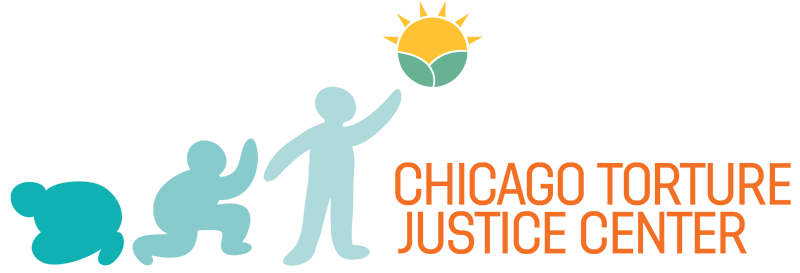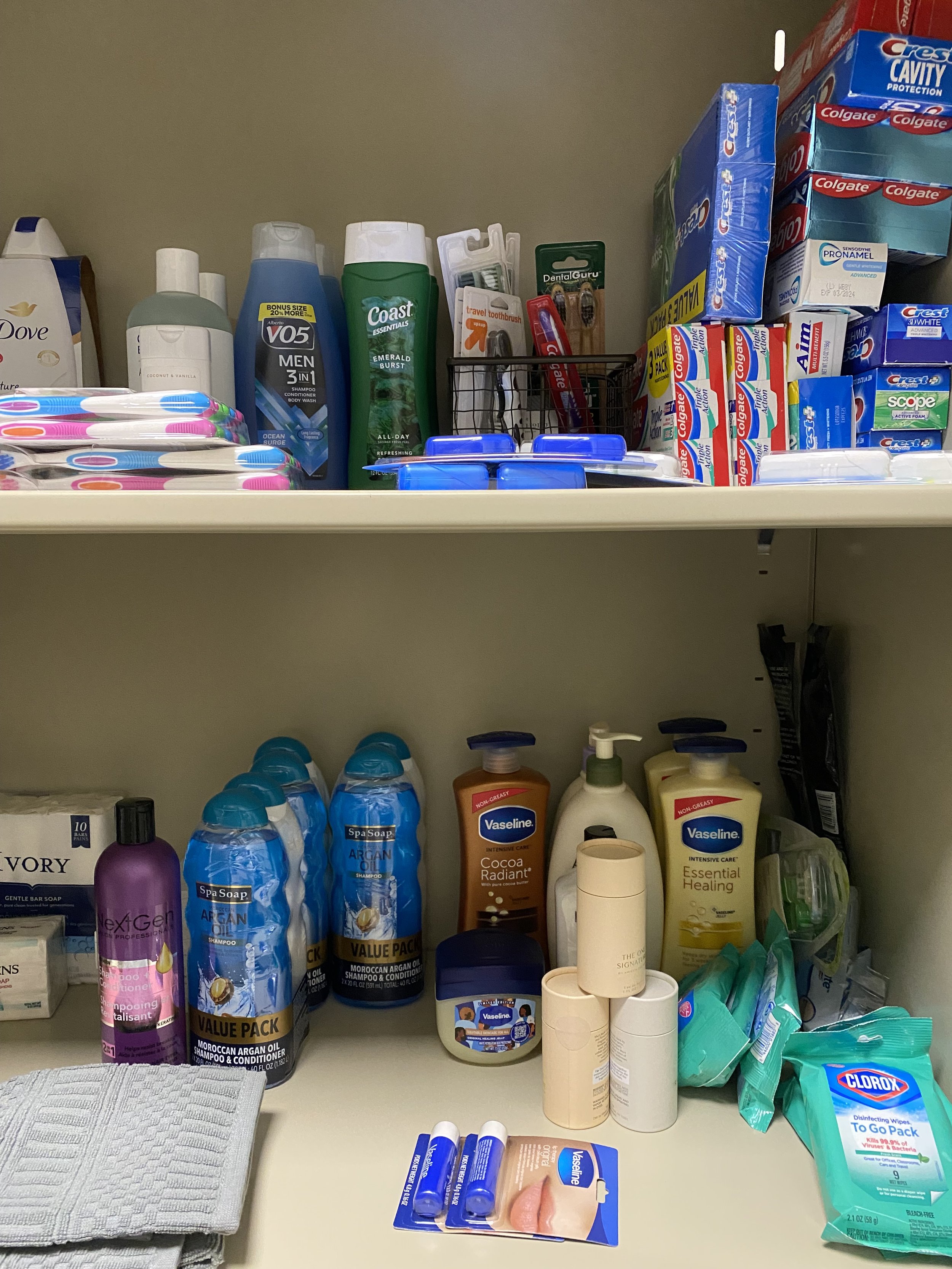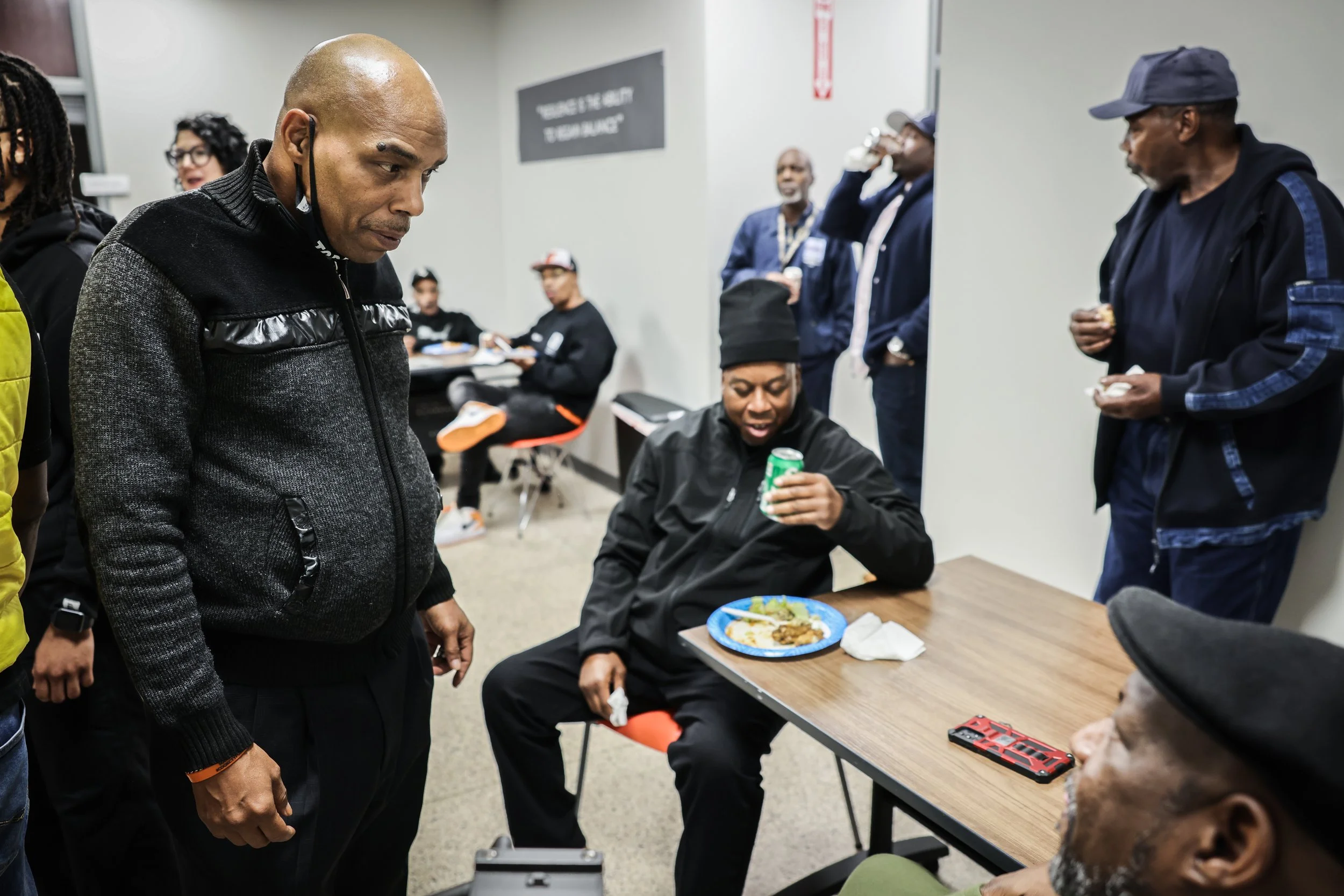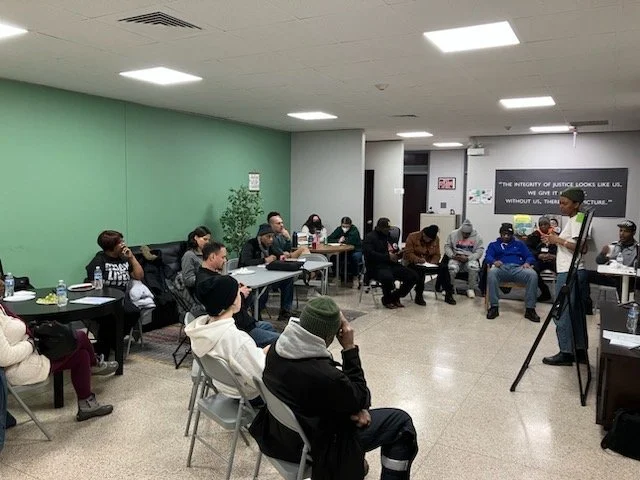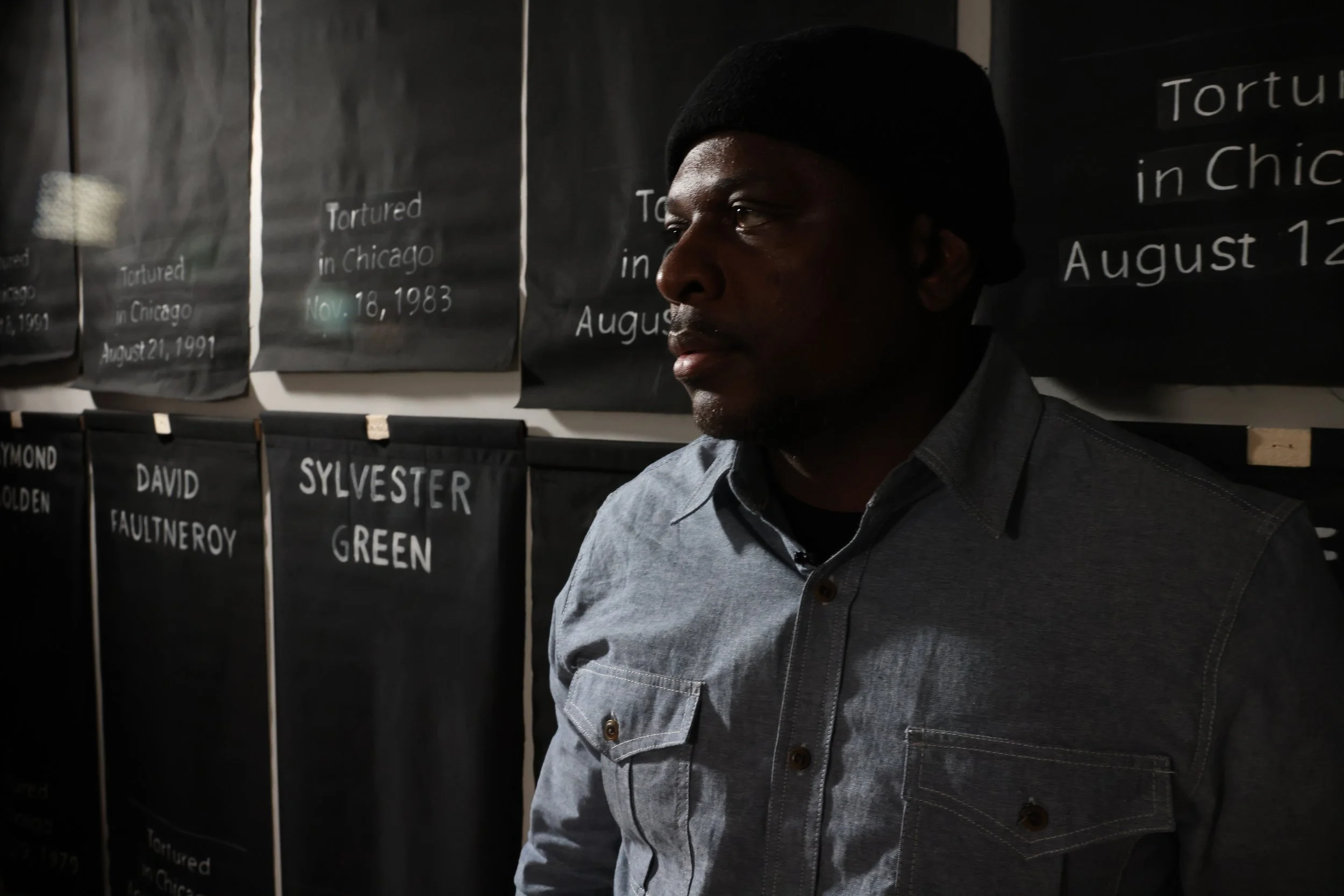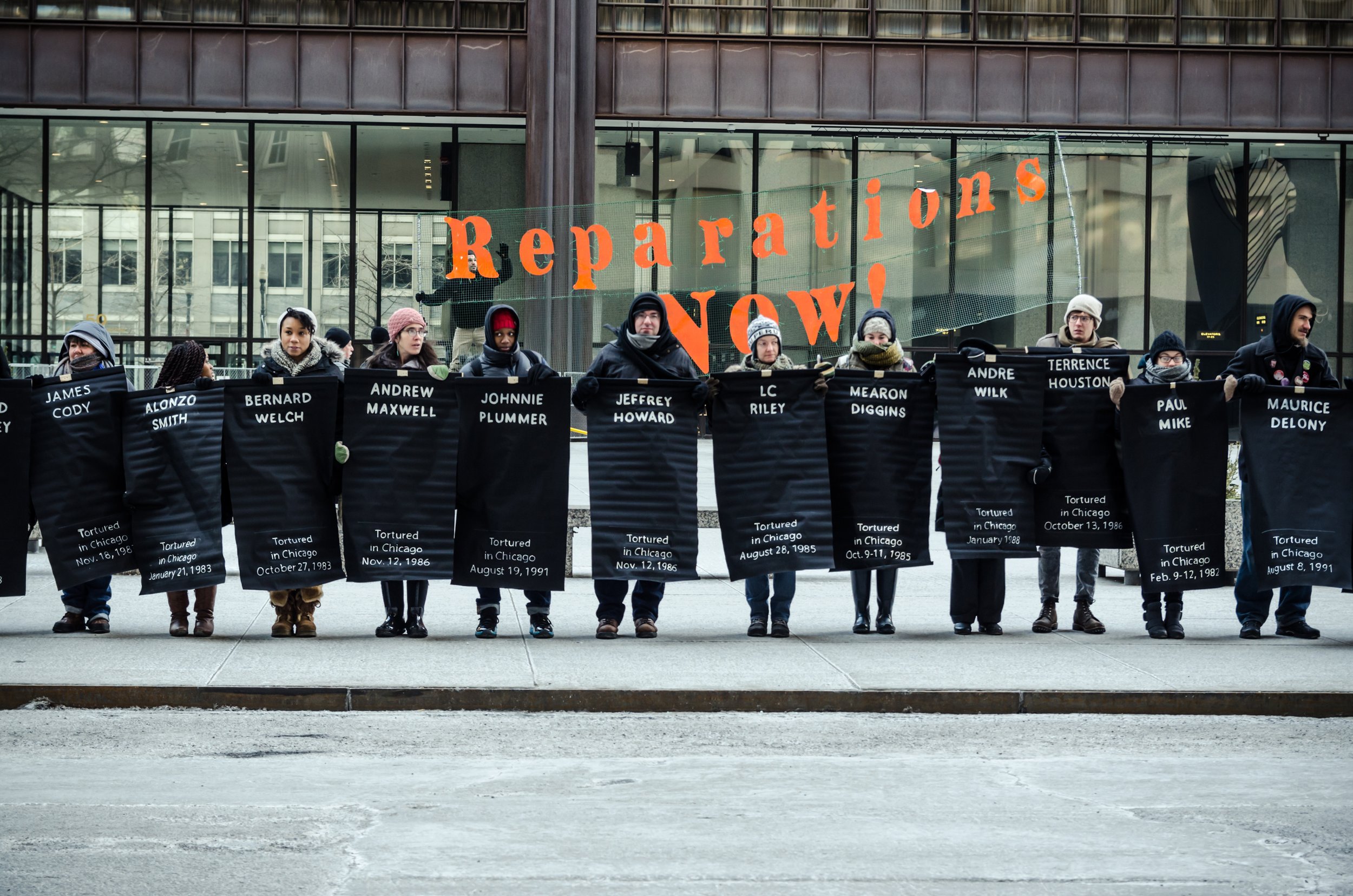2022 in numbers
1,166 new persons served
•
792 therapy sessions
•
322 individuals in therapy
•
75 group therapy sessions
•
268 case management recipients
•
351 case management sessions
•
118 survivors supported in court
•
131 court hearings attended
•
1,166 new persons served • 792 therapy sessions • 322 individuals in therapy • 75 group therapy sessions • 268 case management recipients • 351 case management sessions • 118 survivors supported in court • 131 court hearings attended •
Celebrate 6 years with us!
-

Donate to Politicized Healing
The support from our community has made our radical and transformative work possible these last 6 years. Your support allows us to continue nurturing and experimenting with what Politicized Healing can look like. Together, our communities are healing from systemic trauma, dismantling systems of harm and creating a world free from police and state violence. Donors will have the option to give a portion of their gift to the Survivor Repair Fund upon donating.
-

Visit the shop
Proceeds from the shop go toward the Survivor Repair Fund, our mutual aid fund to support our survivor community. This beautiful “heal, dismantle, create” design was made by talented local tattoo artist Aidan Frierson.
Give to the Community Closet
The Peer Reentry team makes sure that when survivors return home, they have the things they need. The community closet is stocked with items to welcome our returned and returning community home to make a difficult transition as smooth as possible. If you'd like to contribute anything from our wishlist, we will add it to care packages for participants we are welcoming home from incarceration. If you have a question about your donation, please reach out to the Director of Holistic and Liberatory Reentry Services (Peer Reentry) La Tanya Jenifor-Sublett at latanya@chicagotorturejustice.org.
We accept donation drop-offs on Monday, Wednesday and Thursdays, 10am-6pm
May Events
-

Nurture our space
Open to all
To celebrate our first year in Woodlawn, we’re hosting a volunteer day on May 6th. Help nurture our space and join us to do some litter cleanup, planting, organizing our community spaces, and more projects at the Center. The volunteer day is open to all.
Please register here and we’ll follow up with more info!
-

Visit the Center
Open to all
Come by for our open house! We’re so grateful to everyone that’s shown up for us and for survivors, whether that’s been donating time or money, sharing talents and skills, showing up to a training, attending court dates, and so many of the other ways folks have shown us support. Come by to tour the space and meet the team that puts Politicized Healing in action. This event is open to all. Light refreshments will be provided.
May 18, 5-7pm. 6337 S. Woodlawn
-

6th Anniversary Party
Open to survivors and system-impacted community
We are so excited to celebrate this special milestone with our community in joy and celebration of each other and all we have accomplished together. This celebration will be for our survivor and system-impacted community.
Celebrating a year of growth, healing, and connection
Join the Court Support Network
CTJC confronts the isolation inherent in navigating the criminal legal system by organizing supporters to show up in solidarity at survivors’ court dates. In doing so, we hold survivors and their family members in community as their experiences evolve and take shape within the constructs of an oppressive criminal legal system. The Community Organizing team is currently looking for people who may be interested in helping us build capacity to CTJC's Court Support program to continue showing up for survivors in our community.
If you are interested in ongoing participation in CTJC’s Court Support Program, please fill out the Court Support Volunteer Form.
May Court Support Highlight: Sean Tyler & Reginald Henderson
On Wednesday, May 24th, we are calling on our community to show up in support of Sean Tyler and Reginald Henderson, two survivors who were arrested and tortured into false confessions in 1994. Sean and Reginald were later exonerated and sought Certificates of Innocence to clear their names, but the state opposed. During a hearing on March 16th, the summary judgment for Sean and Reginald’s certificates of innocence was denied and they will have to undergo yet another hearing.
We are encouraging our community to come out to support Sean and Reginald as they continue to endure the system that wrongfully incarcerated them for over two decades and to receive the certificates of innocence that are rightfully theirs.
Sean and Reginald shared their story at the Rainbow PUSH Coalition Criminal Justice Reform Townhall on April 22nd. Watch to learn more about the brothers’ stories.
We continue standing alongside Sean and Reginald as they continue fighting for justice.
